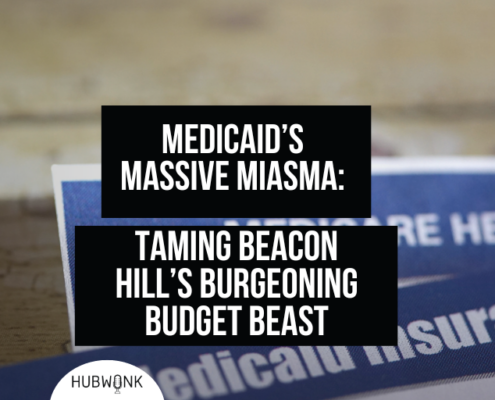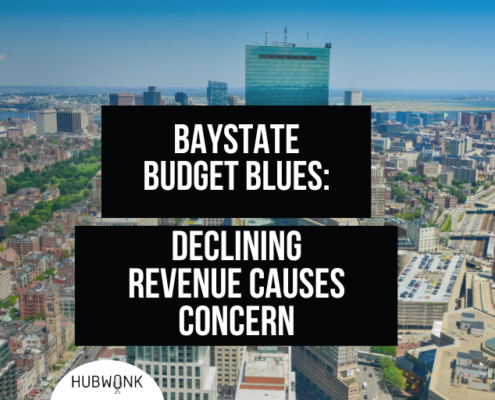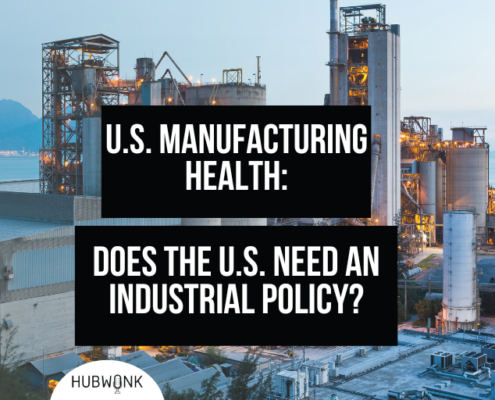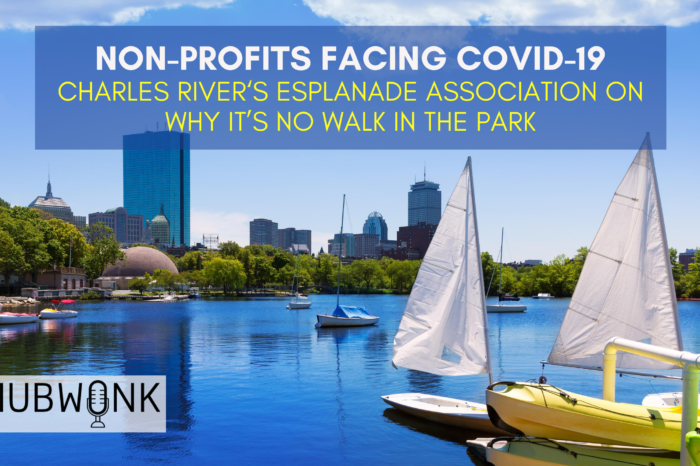Non-Profits Facing COVID-19: Charles River’s Esplanade Association on Why It’s No Walk in the Park
/0 Comments/in COVID Podcasts, Economic Opportunity, Featured, Podcast Hubwonk /by Editorial Staff Share on Facebook
Share on Twitter
Share on
LinkedIn
+
Join host Joe Selvaggi as he talks with Esplanade Association’s executive director Michael Nichols about how he and other non-profits adapt to a surge in demand for services while coping with a collapse in fundraising opportunities.

© Holly Rike 2018, All rights reserved.
Michael J. Nichols is the Executive Director of the Esplanade Association, a 19-year old nonprofit working in partnership with the Department of Conservation & Recreation to enliven and care for the 64-acre Charles River Esplanade in Boston. He is a graduate of the University of Connecticut School of Law and received a degree in Political Science and Business Administration from the University of Connecticut.
Get new episodes of Hubwonk in your inbox!
Recent Episodes

Industrial Policy Reimaged: Can Government Improve Free Markets
Joe Selvaggi discusses industrial policy, its aspirations and limitations, with CATO Institute Associate Director Colin Grabow, in response to Senator Rubio's thought piece advocating for a more active role for government in the economy.

Posting Patient Prices: Transparency Cure for Hospital Blank Checks
Joe Selvaggi interviews entrepreneur, philanthropist, and founder of PatientRightsAdvocate.org, Cynthia Fisher, discussing her research and advocacy for enhanced healthcare price transparency. This initiative has the potential to improve life expectancy and save Americans over a trillion dollars annually.

Constitutional Property Taking: Exclusionary Zoning’s Costs to Owners and Society
Joe Selvaggi talks with George Mason Law Professor Ilya Somin about the the costs, benefits, and legal foundations of exclusionary zoning argued in his recent paper: The Constitutional Case Against Exclusionary Zoning.

Poor Housing Incentives: Tax Credits Reward Politicians Not Neighbors in Need
Joe Selvaggi interviews Chris Edwards, Chair of Fiscal Studies at CATO Institute, about his research on the 40-year history of Low-Income Housing Tax Credits. They delve into its features, effects, and potential alternatives that could provide greater benefits at lower costs to taxpayers.

Biden’s Budget Breakdown: Pragmatic Progress or Political Posturing
Joe Selvaggi talks with Manhattan Institute Senior Fellow Brian Reidl about how the contours of President Biden’s recently released budget proposal reveal a persistent, bipartisan reluctance to address profound structural deficits.

Genetic Therapy Revolution: Benefits and Barriers for Medicine’s New Horizon
Joe Selvaggi talks with neurobiologist and writer Dr. Anne Sydor about the potential for gene therapy to address deadly and debilitating diseases and how current health care models must adapt to encourage this nascent technology.

Contours of Content Curation: SCOTUS Hears Online Free Speech Cases
Cato Institute's Thomas Berry, talks about oral arguments at the Supreme Court in the NetChoice cases, exploring the First Amendment questions that affect both social media users and the platforms that curate their content.

Mortgage’s New Normal: Guide to Better Borrowing Amidst Higher Rates
Joe Selvaggi talks with mortgage expert, Trip Miller of Cambridge Savings Bank, about mortgage rates and trends and explores best practices for finding a mortgage structure that suits individual buyers’ needs.

Medicaid’s Massive Miasma: Taming Beacon Hill’s Burgeoning Budget Beast
Marc Joffe, a state policy analyst at the Cato Institute, talks about his research on Medicaid's cost and size. They explore how Massachusetts can control spending growth while protecting other priorities.

Baystate Budget Blues: Declining Revenue Causes Concern
Joe Selvaggi engages in a conversation with Pioneer Institute’s Eileen McAnneny, Senior Fellow for Economic Opportunity, to analyze the status of the 2024 budget. They compare actual revenue and spending with pre-July 1 estimates, investigating potential reasons for any surpluses or shortfalls. They also dive into policy implications for legislators as they approach fiscal 2025.

Smothering Gas Exports: President Sides with Environmentalists Over Environment
Dr. Benjamin Zycher, a senior fellow at the American Enterprise Institute, talks on the impact of President Biden's executive order to halt liquefied natural gas export approvals. He explores potential economic impacts, the response from trading partners, and the negligible effect on climate.

U.S. Manufacturing Health: Does the U.S. Need an Industrial Policy?
Scott Lincicome from the Cato Institute discusses the U.S. manufacturing industry, international trade, and industrial policy. He dispels the myth of manufacturing decline, highlighting sector evolution and productivity. The conversation moves to industrial policy, emphasizing the need for targeted protection and cautioning against broad subsidization due to potential inefficiencies.


